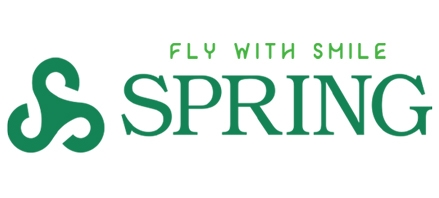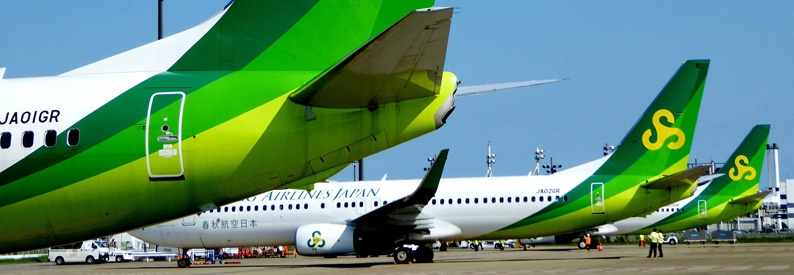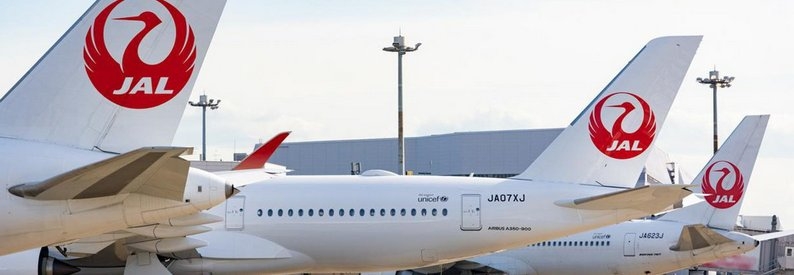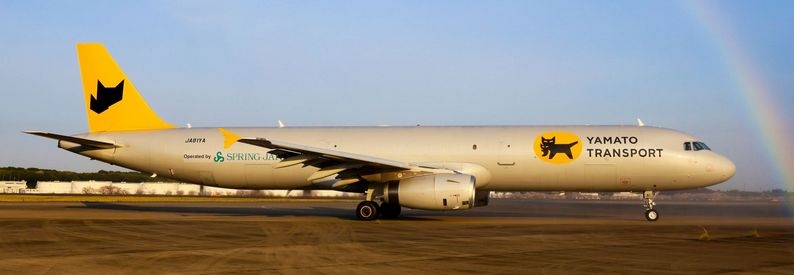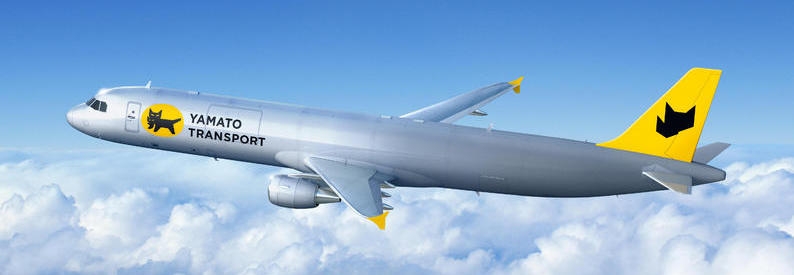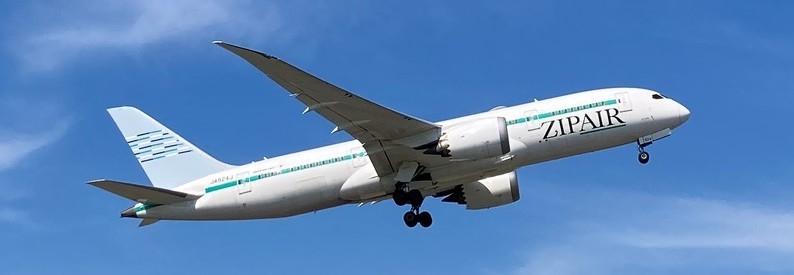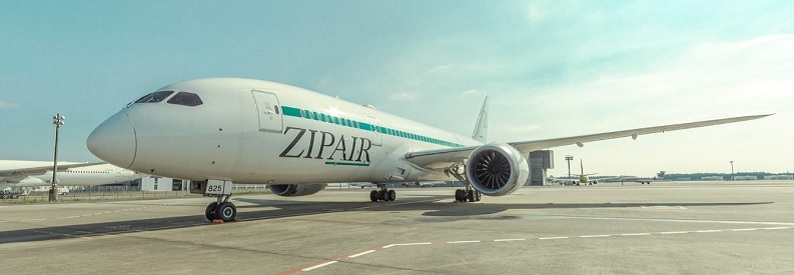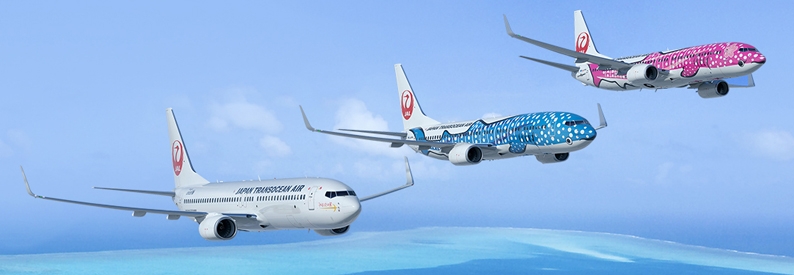Having confirmed plans in April that it would take control of Spring (IJ, Tokyo Narita) from Chinese budget carrier Spring Airlines (9C, Shanghai Hongqiao) this summer, JAL - Japan Airlines (JL, Tokyo Haneda) parent JAL Group has now completed the move, upping its stake from 5% to two-thirds.
The group explained in a statement and at a news conference that the move is part of a strategy to strengthen its low-cost business and “to generate revenue in the tourism and VFR markets, which are expected to recover and grow.”
JAL Group now has control over three LCCs, all based at Tokyo Narita - Spring, Jetstar Japan, and ZIPAIR. It has pledged to make further investments in both Spring and Jetstar Japan as it looks to “build a Narita-based LCC network.”
Spring has mainly concentrated on the Japan-China market. However, according to the ch-aviation Commercial Aviation Aircraft Data and ch-aviation Commercial Aviation Operator Capacity Data modules, it currently deploys its fleet of six B737-800s on routes only to Harbin and Nanjing in China, also operating domestic flights from Narita to each of Hiroshima International, Saga, and Sapporo Chitose.
In the post-Covid environment, JAL aims to launch more Narita-China routes, “leveraging Spring’s high brand power and sales capabilities in China” and expanding to Chinese destinations where there are currently no direct flights, the group said.
ZIPAIR, meanwhile, “plans to expand its network to medium to long-haul routes, including the US West Coast and Asia.” It will resume its route to Honolulu on July 21.
At the press conference, Takizo Toyoshima, director for route development at JAL, said that through its three budget airlines the group would “improve the efficiency and profitability of the LCC model” and “attract inbound customers who are expected to grow again in the future and send them to rural as well as urban areas.”
He acknowledged that Spring’s current “system of six Boeing B737-800 aircraft is restrictive. If we increase the number to seven at the appropriate stage, profitability will increase.” He also said that ZIPAIR plans to expand to ten aircraft by 2024; it currently operates two B787-8s.
- Type
- Base
- Aircraft
- Destinations
- Routes
- Daily Flights
